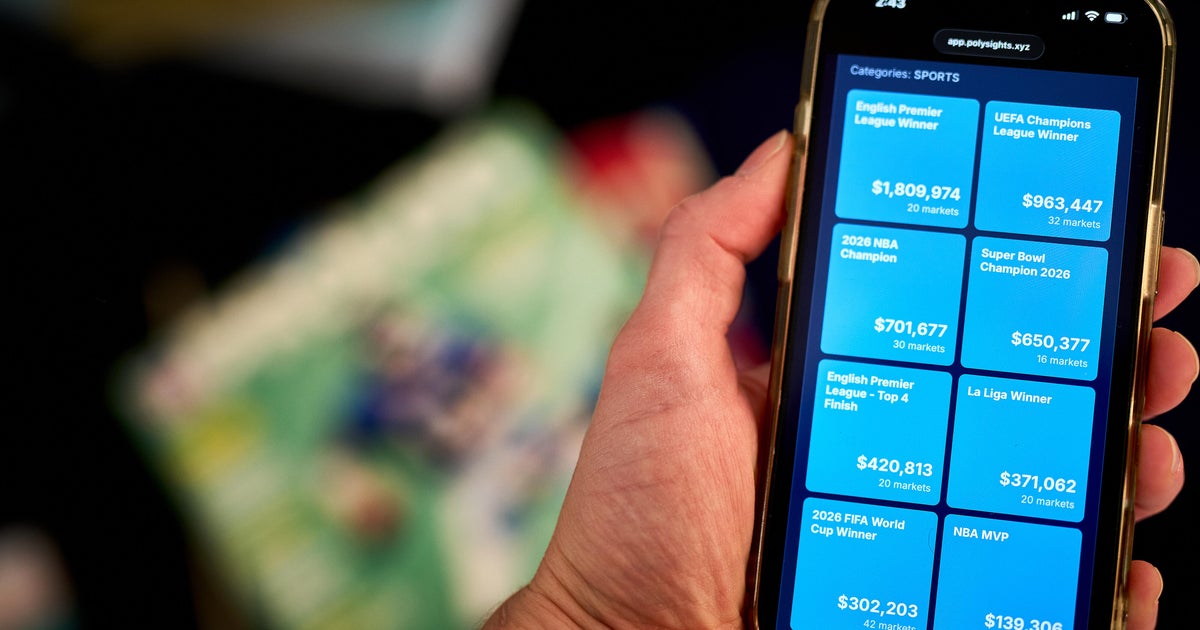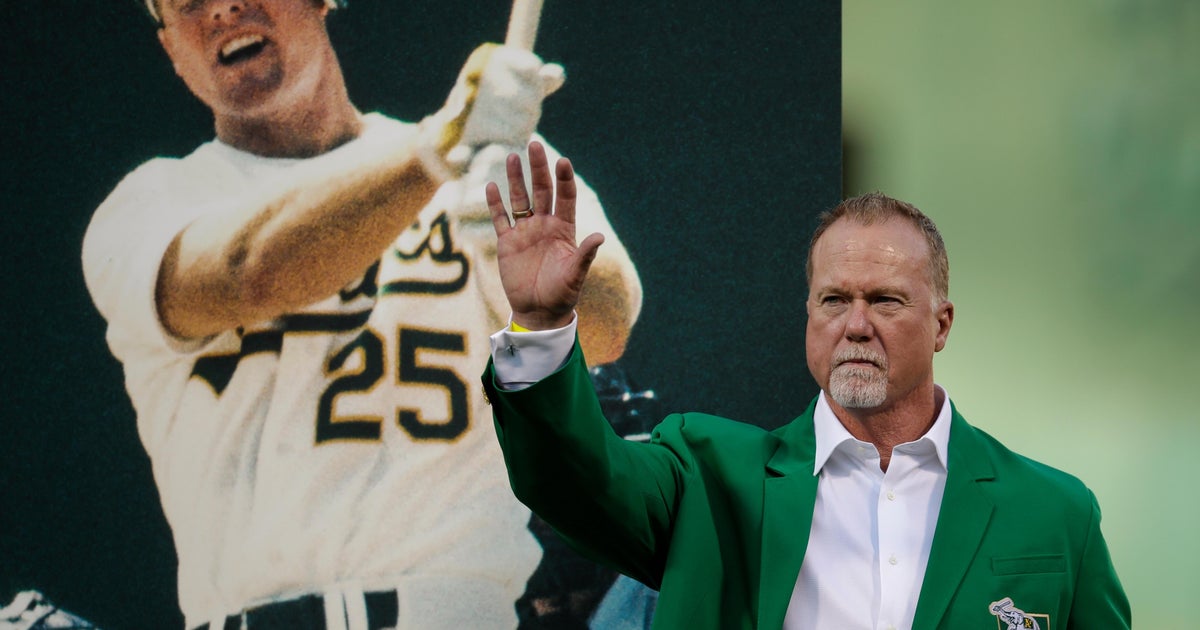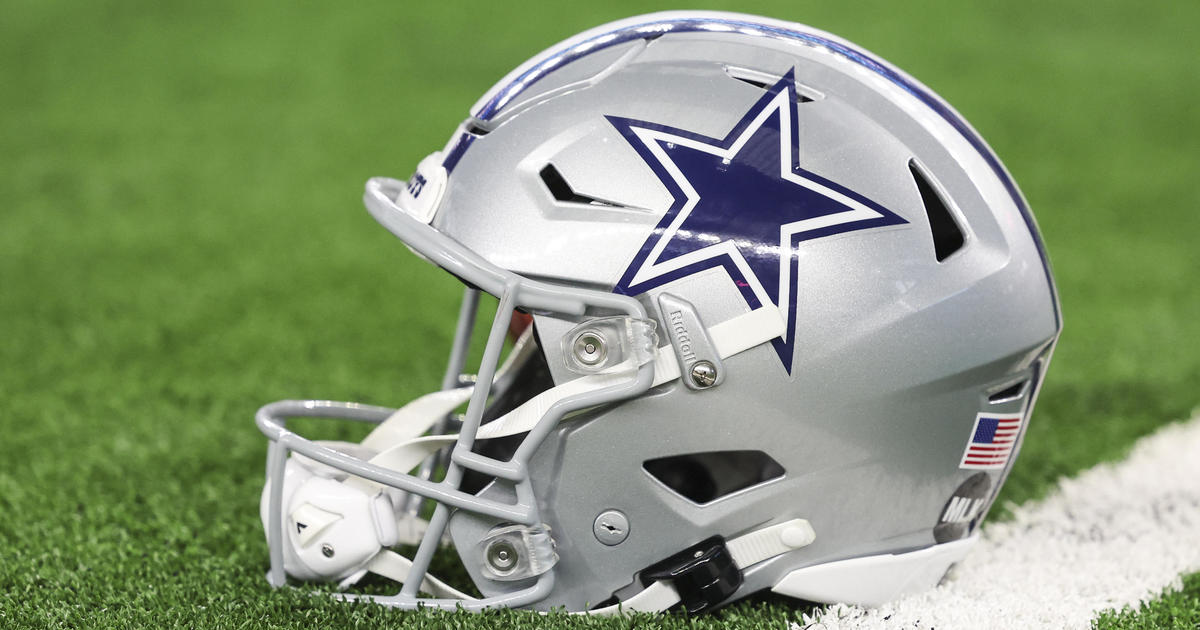Block: New Technology Aims To Improve Fan Engagement At Masters
By Benjamin Block
» More Columns
Technology won't necessarily help Dustin Johnson, Jordan Spieth or any other contender win the Masters, but it will provide fans unprecedented access and insight into the year's first major.
Tech giant IBM, a longtime sponsor of the Masters, has tapped into new uncompromising advancements that it expects will enhance this year's experience.
Masters.com has evolved into a platform intended to appeal to multitasking, information-demanding golf fans.
John Kent, IBM's technology manager of worldwide sponsorship marketing, spoke exclusively to WFAN.com in a phone interview in which he gushed over the "big enhancements this year."
"This year we've introduced a concept that we're calling 'video everywhere' and 'leaderboard everywhere,'" said Kent, who oversees IBM's relationship with the Masters tournament as it relates to the tech components and what they deliver.
These features are the latest innovations to come out of IBM's 21-year relationship with the Masters, with its objective hinged on aligning data with insight.
MORE: Block: Hatton May Just Shock The World At The Masters
"That will allow users to watch the videos while they're reading an article or enjoying some of the rich photography or exploring some of the history of the Masters," Kent said of the new concepts.
"Golf is right at the top as far as I'm concerned," Ray Katz, managing partner of ROI Sports group, told WFAN.com when asked how golf's relationship with technology compares to that of other major sports.
Katz, who has navigated the sports landscape for over 25 years and also serves as an adjunct professor in the sports management department at Columbia University, proposed a thought that perhaps many fans share.
"I think there's so much money in golf that they should be able to really record every shot from every player and make it more instantly available on demand," he said.
Katz added, "I mean you could literally watch your favorite player play a round of golf in 10 minutes."
That's definitely a feature that golf could use to capture new audiences, and Kent confirmed that IBM's research and development team spends countless time considering how it can effectively deliver more top moments to fans.
"We're looking to automatically identify a highlight," said Kent, reiterating, "We're into the balancing act of timelines and accuracy."
As it pertains to the Masters, IBM is intent on bringing the beauty and enrichment of the historic course to the forefront, but equally prides itself on bringing fans a responsive and adapting website that features an infinite scroll.
At face value, that's an unassuming balancing act, but to the contrary is quite impressive, as Augusta National still prohibits cellphones on the grounds and features an on-course scoreboard that Kent wittingly referred to as "the most highly automated manual leaderboard you'll see."
IBM has created a great fan experience for those not in attendance by doing their own research, but also by paying attention to industry trends.
"If you go onto the Masters (website) on your iPhone or you go onto it on your desktop, you scroll to get your content," Kent said. "You can navigate as well to get your content, but the scrolling is sort of that Facebook-like experience that we were inspired by."
The driving force behind delivering this kind of evolving content is built on IBM's three-pronged approach — cognitive technology, analyzing commentary (speech-to-text) and vision recognition technology.
One byproduct of fans receiving all this content is likely to result in an influx of golfers looking to play themselves. And that is where the USGA hopes its role in using technology to promote the game of golf pays dividends.
Matt Pringle, the USGA's senior director of research, science and innovation, explained more about the association's latest piece of technology.
"Our resource-management tool is a great example of the kind of technology that can help facilities use their limited resources (such as labor, water, money, chemicals) in the most productive way to deliver a quality golf experience, no matter what their overall budget," Pringle said.
"We believe that it's not sufficient to just drive bodies to the golf course," he added. "We believe that to strengthen the sustainability of the game, we need to ensure that the quality of the experience is what the customer expects, whether they're playing their 1000th round or their first round of golf."
So from the serene undulations of Augusta National to your local course, technology seems to be golf's silent hero.
Follow Benjamin on Twitter at @benjaminblock21







